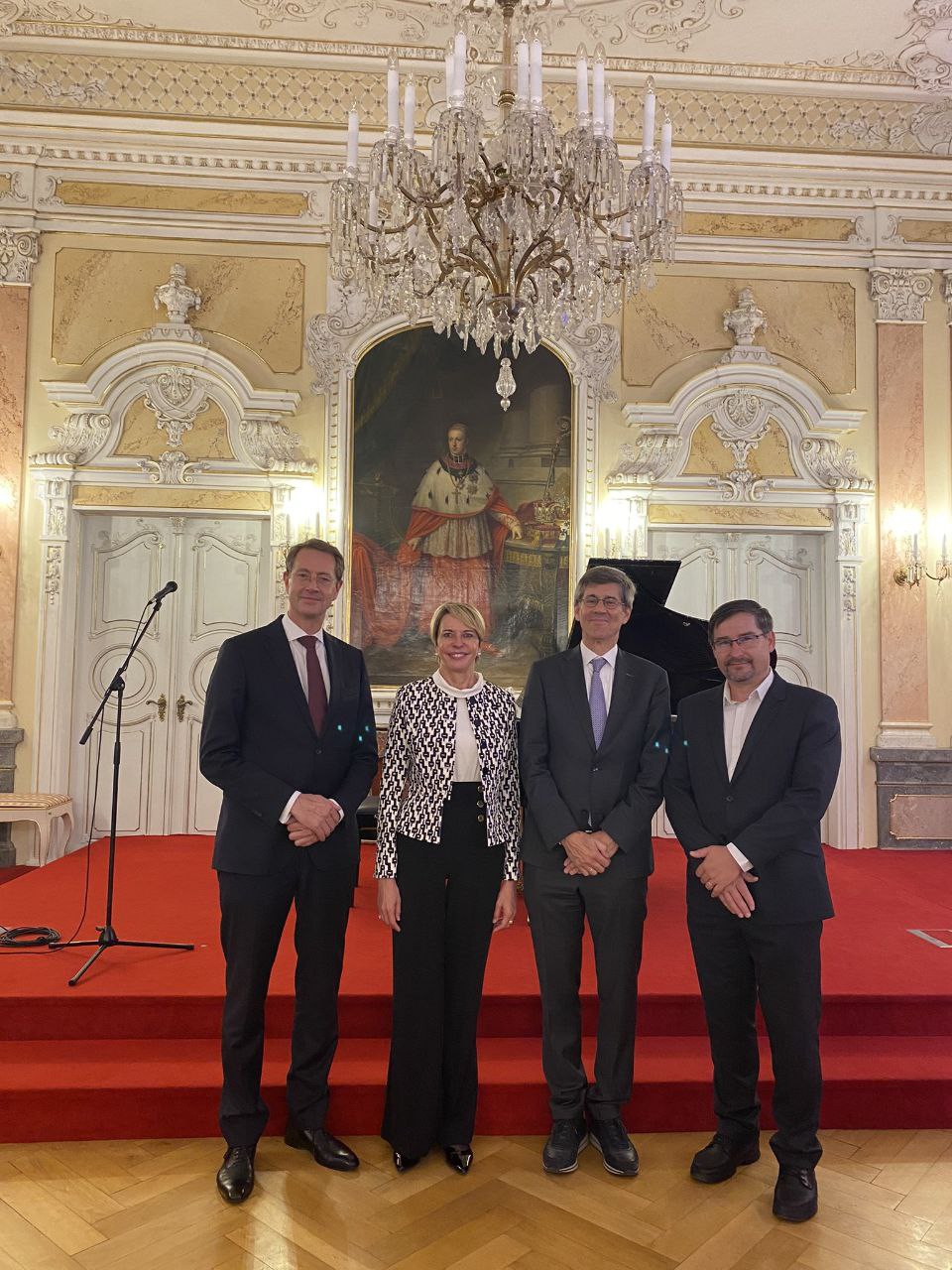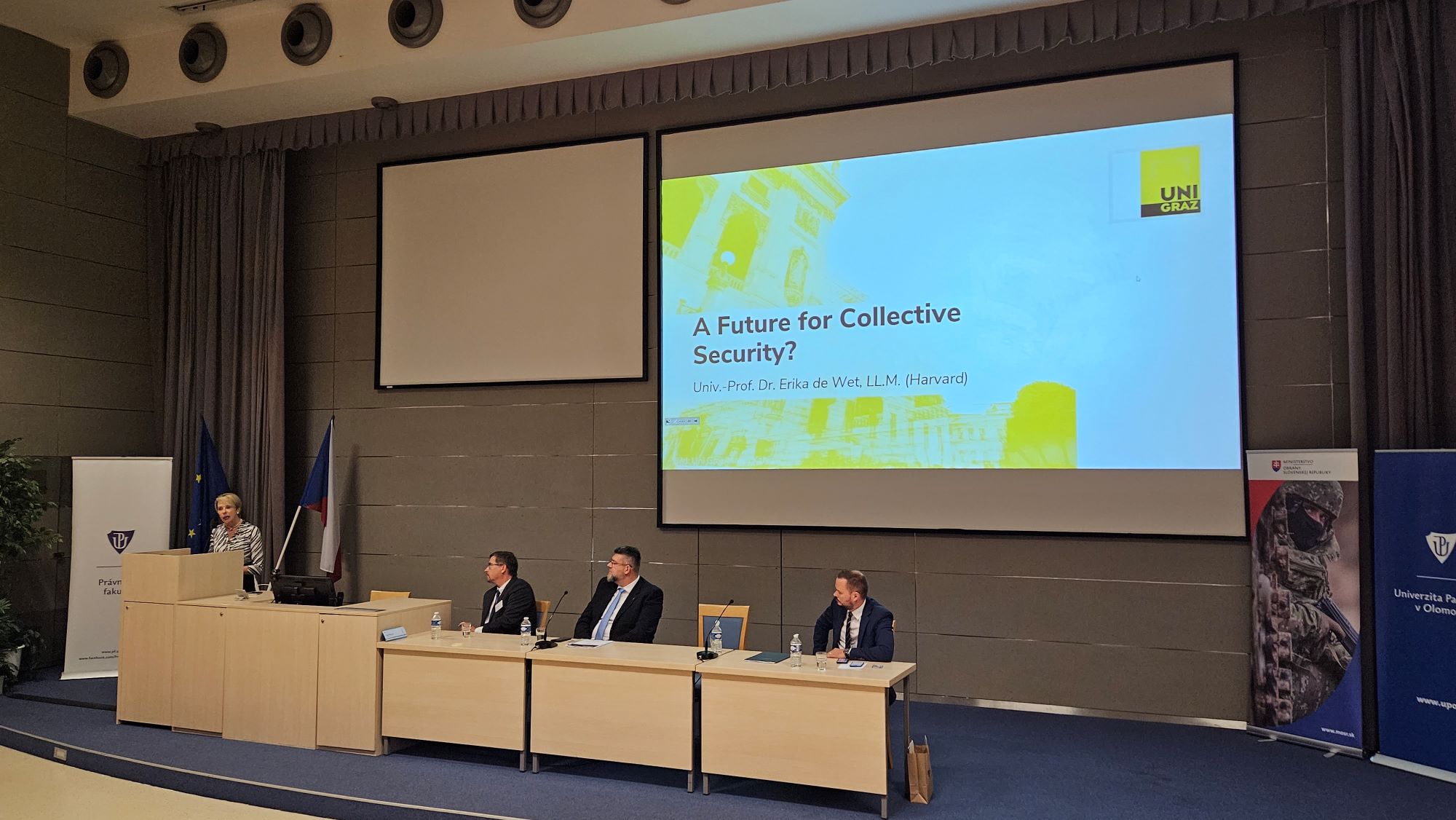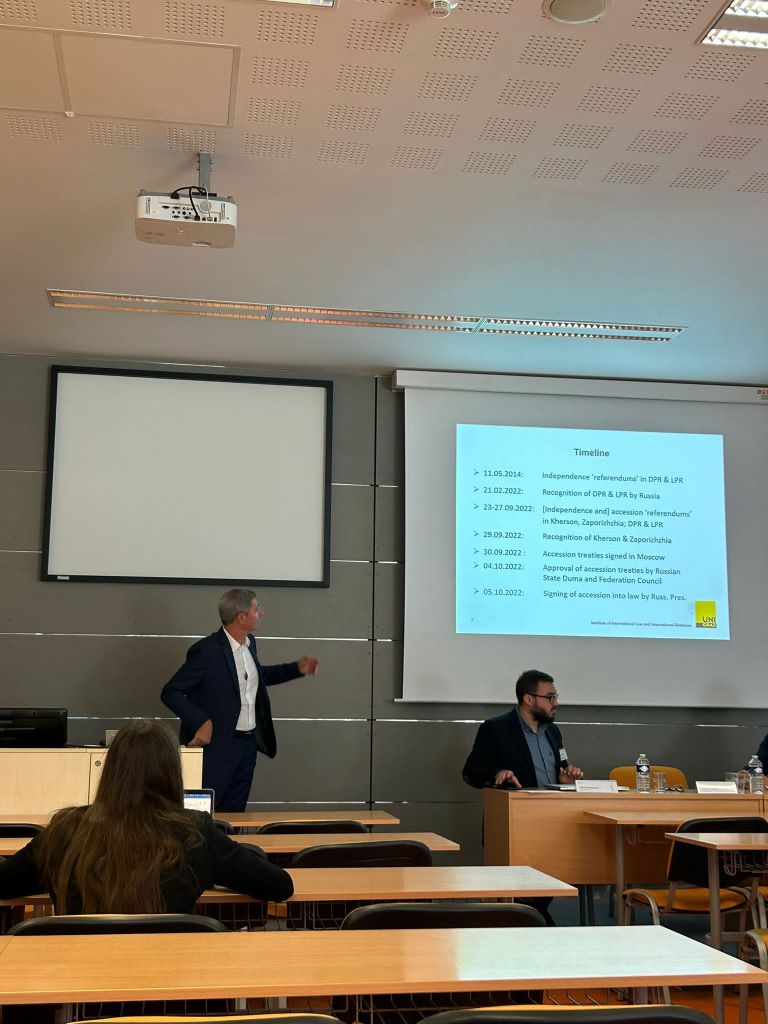Since the adoption of the Charter of the United Nations and its pivotal Article 2(4) prohibition of the use of force, the jus ad bellum regime remains as resilient as it does fragile. Nearly eighty years of state and institutional practice (and the corresponding scholarly commentary) continue to contribute to both its praise and criticism. Challenging crossroads continue, as they may, to plague the jus ad bellum: the invasion of Iraq in 2003, the NATO operation in Libya in 2011, the resurgence of military coups in West Africa, the advancement of cyber and space technology, and the Russian invasion of Ukraine. Has the prohibition of the use of force in Article 2(4) exhausted its nine lives? Is the United Nations Security Council fit for purpose? Has the United Nations ultimately failed to ‘save succeeding generations from the scourge of war’?
These pivotal questions have and continue to be addressed widely in conversation, deliberation, and scholarship. Yet, their contemplation finds neither end nor consensus among scholars in international law. The insurmountable challenges facing the contemporary international legal order pertaining to the use of force rightfully question whether it is facing exhaustion or complete destruction. Or has it already breached this threshold and is entering an era of rebirth?
The conference was organised in collaboration with the Centre for International Humanitarian and Operational Law (CIHOL) and European Society of International Law (ESIL) at the Law Faculty of the Palacký University Olomouc.
Prof. Erika de Wet started off the conference with a Keynote Speech entitled „A Future for Collective Security“, in which she critically revisited the concept of collective security as enshrined in the UN Charta. Ass.-Prof. Dr. Pippan contributed with a panel presentation entitled „Irredentism Under the Guise of Self-determination“, in which he commented on the so-called ‘annexation referendums’, which had taken place in Ukraine in September 2022, from an international law perspective.


